Evers, Republicans and the fight over state government power
A set of Wisconsin Supreme Court rulings on who has final say over administrative rules is shifting the state government's balance of power between Democratic Gov. Tony Evers and Republican lawmakers.
By Zac Schultz | Here & Now
August 28, 2025
Court rulings on administrative rules is shifting the state government's balance of power.
“Any discussion? Hearing none, the clerk will call the roll,” opened the June 26 meeting of the Joint Committee for the Review of Administrative Rules. It’s probably not well known by most people outside the Capitol, but for state Rep. Adam Neylon, R-Pewaukee, it’s one of the most important committees, because it has been the place where Republicans can stop what they view as executive overreach by the administration of Democratic Gov. Tony Evers.
“I’ve been on the committee the entire time I’ve been on in the Legislature,” said Neylon, who is its co-chair. “The reason I did is because the real world impact of administrative rules — people don’t necessarily understand that rules have the same impact as law.”
Administrative rules are proposed by state agencies, so for example, when the Wisconsin Department of Natural Resources wants to update the standards on how to clean up a hazardous waste spill or the Department of Safety and Professional Services wants to update the commercial building codes, they have to go through a series of steps, .including scope statements and public hearings. Eventually the proposed rule will end up in front of the Joint Committee for the Review of Administrative Rules, also called JCRAR.
The committee can request changes, but one of the laws passed during the lame duck session in 2018 at the end of Republican former Gov. Scott Walker’s term gave JCRAR the ability to indefinitely block rules — both new rules and old rules that have already been in effect for years.
In 2023, the committee blocked an update to the building codes.
“When they proposed the building code, it went what we believe far above and beyond legislative intent,” Neylon said.
The committee also blocked a proposed rule that would have banned gay “conversion therapy.”
“We’re not here specifically to discuss the merits of conversion therapy or any other type of therapy,” Neylon said at a Jan. 12, 2023 meeting of the committee.
In October 2023, Evers filed a lawsuit claiming JCRAR’s ability to indefinitely suspend rules was akin to a pocket veto and unconstitutional. In February 2024, the Wisconsin Supreme Court ruled in a 4-3 decision that it would hear that lawsuit.
The Wisconsin Supreme Court held oral arguments in Evers v. Marklein on Jan. 16, 2025.
“This case is as consequential for the operation of government as maybe I’ve seen on my time on the court,” said conservative Justice Brian Hagedorn. “It’s a consequential case for how government operates.”
At oral arguments, Hagedorn seemed to acknowledge the decades-old arrangement may not be legal, but so many laws had been passed giving state agencies the power to make new rules with the understanding the Legislature had oversight to make sure they didn’t go too far.
“Maybe it’s not what the constitution says, but hey, this is how we’ve been operating for a long time and the Legislature’s passed a lot of laws accepting the framework that’s been given,” Hagedorn said.
“Maybe it’s not what the constitution says” was the key phrase from Hagedorn.
In a split decision, the liberal majority struck down JCRAR’s ability to object and suspend rules.
“Sanity will reign. That’s what I think. We’ve been dealing with this for all the time I’ve been in office, and that is this committee, mainly the leadership, were able to stop everything dead in their tracks and then things just don’t happen,” Evers said in a July 15 interview with Here & Now.
The governor celebrated the decision, while Republicans like Neylon fear what rules may be coming now that they can’t object.
‘What we’re seeing now is how much this has expanded executive authority, and how much has actually expanded the ability to sidestep the Legislature and potentially have agency heads create a super-legislature where they’re able to implement rules with no oversight from the Legislature,” Neylon said.
This isn’t the only case in its 2024-25 term where the Wisconsin Supreme Court has eliminated legislative oversight.
In an earlier phase of Evers v. Marklein, the court ruled 6-1 the Joint Finance Committee couldn’t hold up purchases by the Knowles Nelson Stewardship Program. In Kaul v. Legislature, the court ruled 7-0 that state Attorney General Josh Kaul didn’t need Joint Finance Committee approval to settle civil lawsuits.
“Both at the national level and particularly at Wisconsin, there is a redefining and shifting of what people thought was the balance of power and what the court is saying is now the balance of power,” said former Wisconsin Supreme Court Justice Janine Geske.
As partisan divides grow, she said the court is being asked to look at the constitutionality of old agreements on how government works.
“They either have to say there’s a justification for it, not just gentleman’s agreements or parties agreements — there has to be a constitutional legal justification, or if not we’re going to redefine it,” Geske said.
“I think there’s been a travesty of justice, honestly, because there has been absolute weakening of legislative oversight,” Neylon said.
Neylon may not like it, but Democrats say the case was only filed because of what they call the excessive abuse of authority to shut down rules, ranging from the DNR setting safe levels for PFAS contamination to election rules on absentee ballots to the “conversion therapy” ban.
“But I don’t think the headline should be about conversion therapy. I think the headline should be we lost legislative oversight — because that’s what really happened,” added Neylon.
Geske said she was happy so many of the cases cut across the partisan labels on the bench, with conservatives joining with liberals — at least in part — in all these cases.
“I think that’s healthy. I really was glad to see that, because I think a court that is totally predictable is really a court that looks like a legislature,” she said.
The decisions by the court are already having an impact.
Evers cited the Knowles Nelson Stewardship Program decision when he approved raises for state employees passed in the 2025-27 state budget without sending them to the Joint Committee on Employment Relations, as was formerly required by law.
Republican lawmakers refused to fund the Stewardship fund in the 2025-27 budget and are working on a new bill to give them some level of oversight. Democrats in the Legislature are putting forth a bill as well.
Evers is also citing the high court’s June decision to say state agencies no longer need to send rules to legislative committees. Republicans have responded by ordering the Wisconsin Legislative Reference Bureau not to publish those new rules.
Neylon said Republicans were already drafting legislation in a more narrow fashion to reduce the need for agencies to draft rules.
‘You’re already seeing bills be much more prescriptive and not granting rulemaker authority explicitly through legislation,” he explained.
“I think that’s what happens on decisions that particularly upend what people have been doing. And I think what happens is that the branches get more creative,” said Geske.
Neylon said his next bill will attempt to restore some oversight for JCRAR in a way both sides can agree on.
“I think there needs to be some sort of bipartisan agreement,” said Neylon, “some sort working together to make sure that we put checks and balances back into our system.”
 Passport
Passport





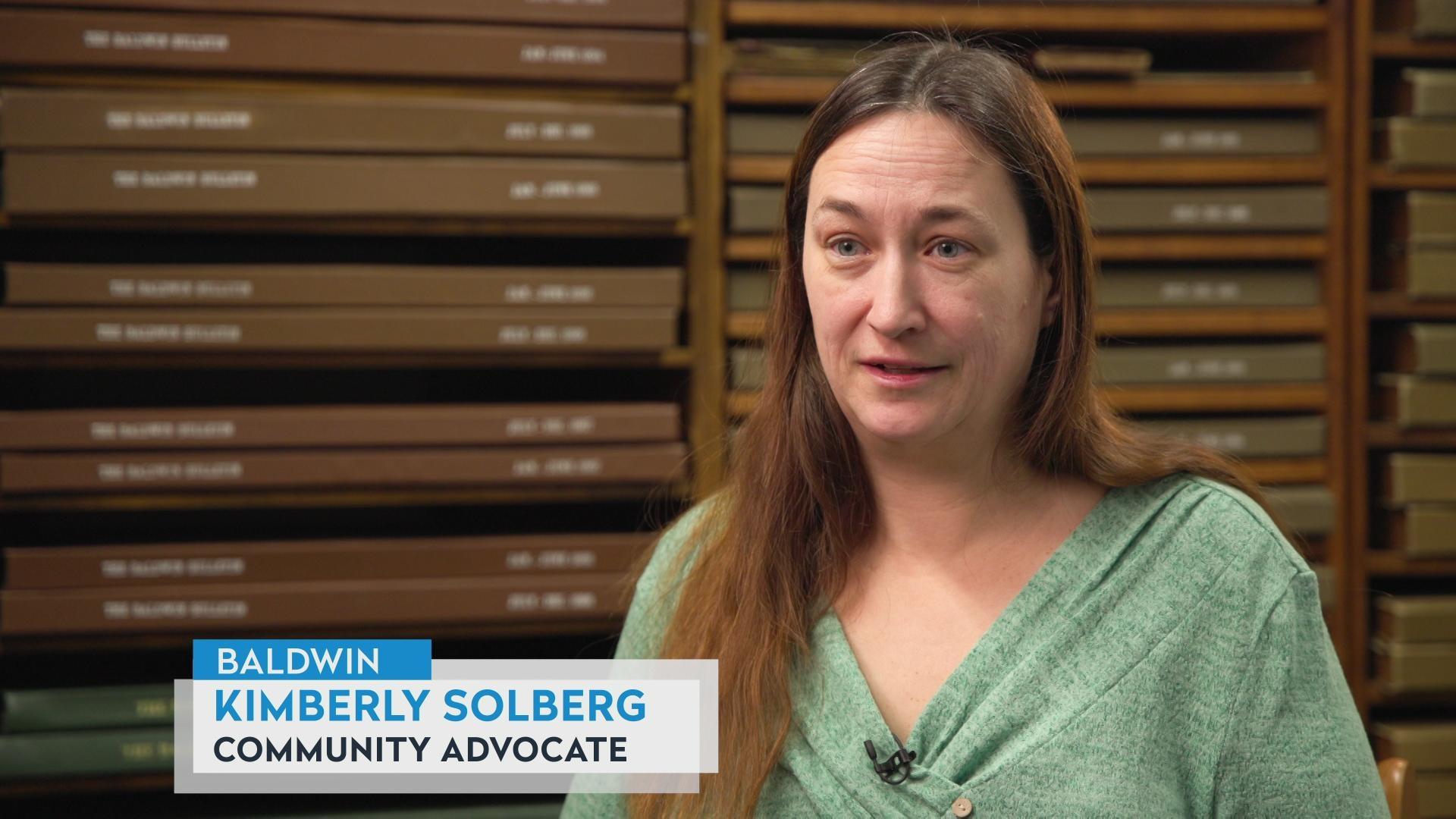
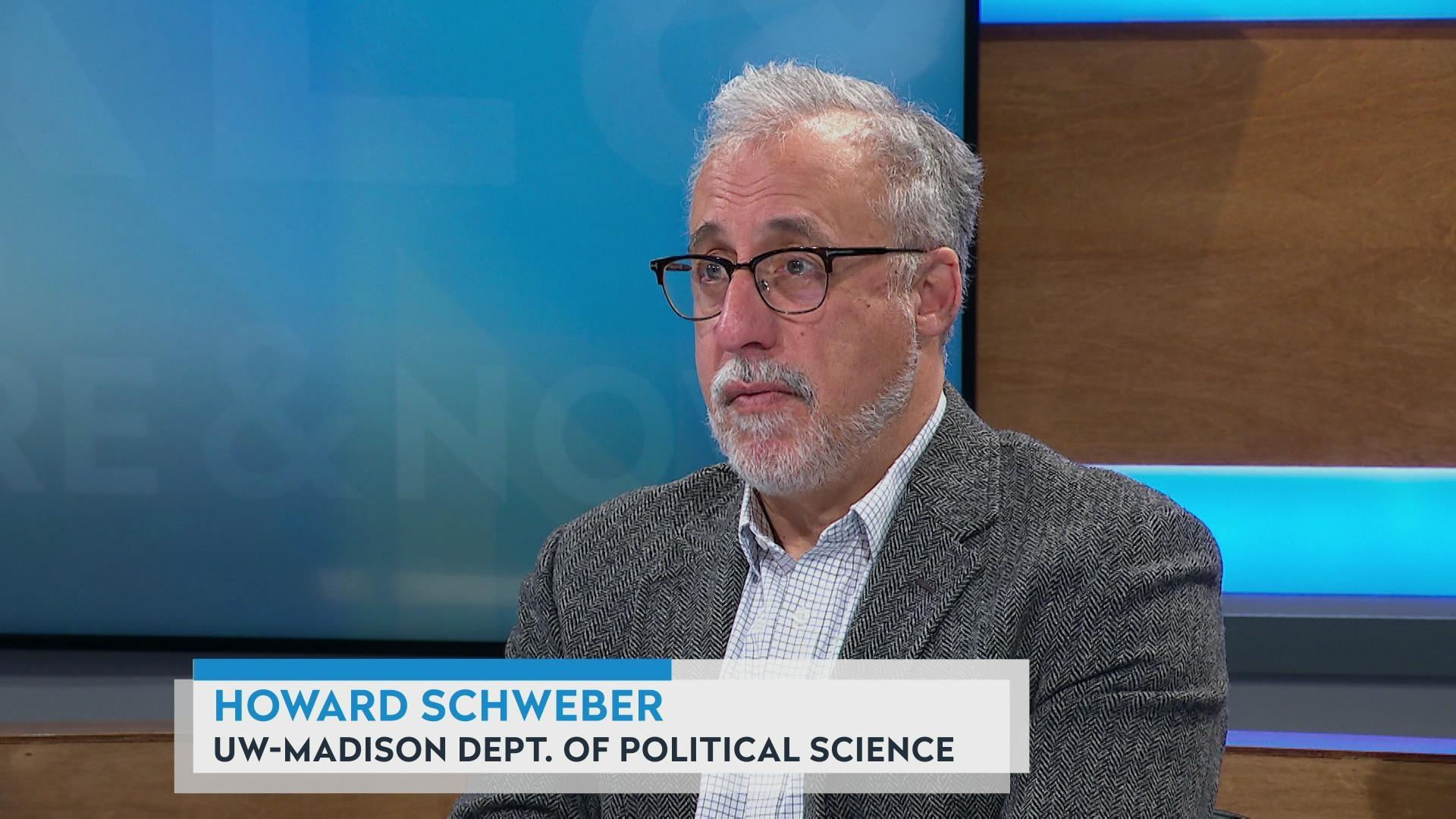
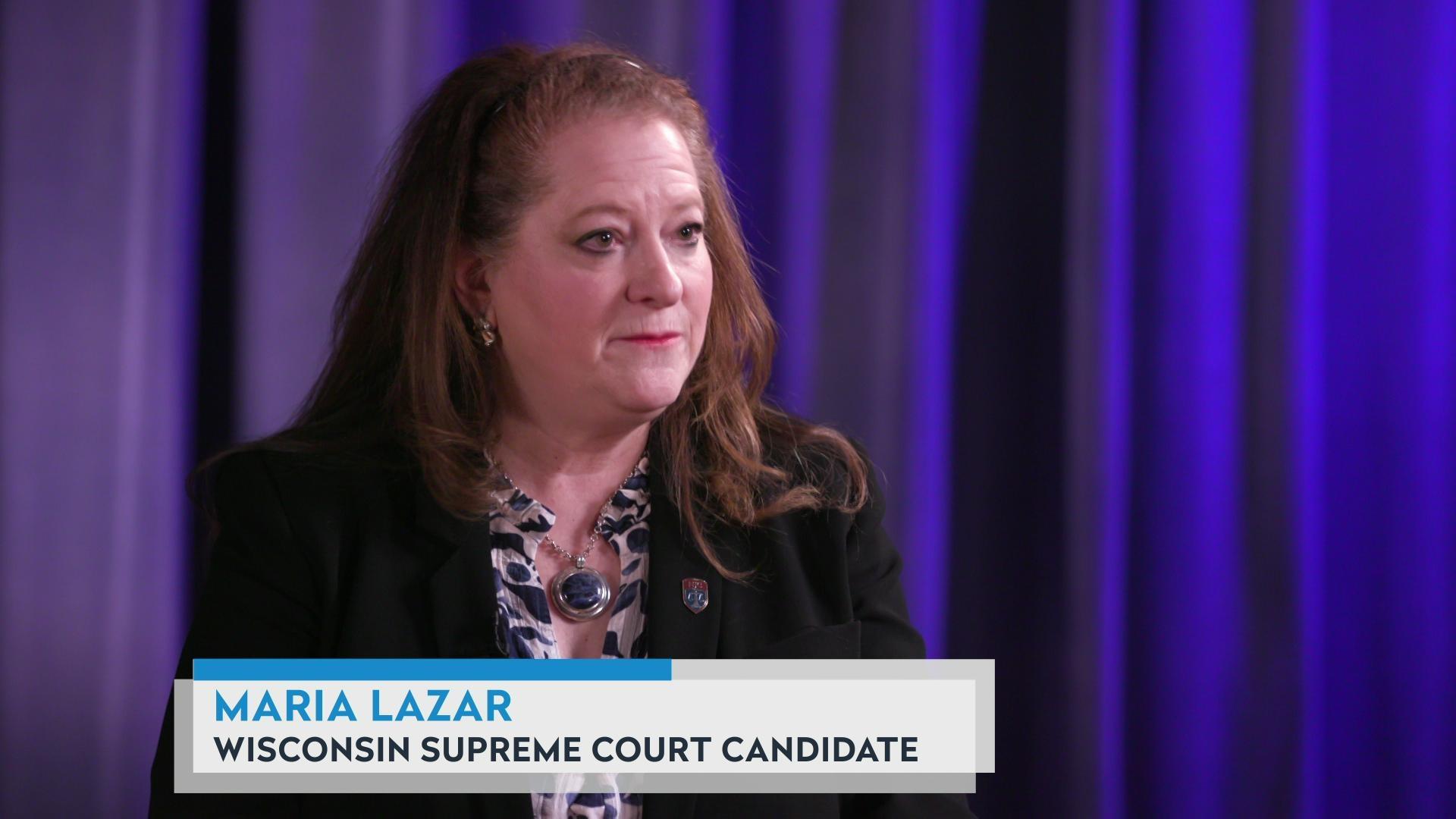
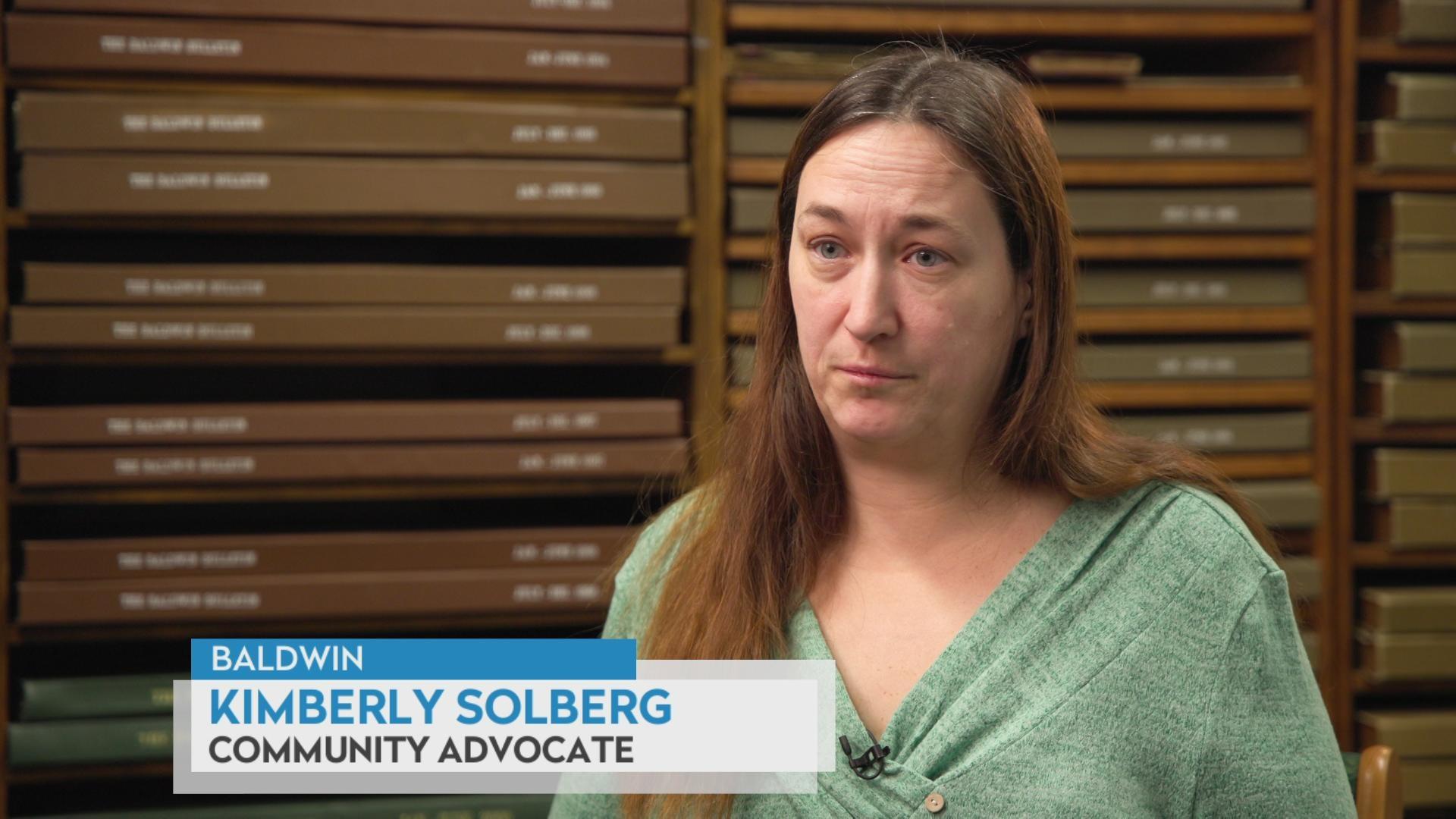
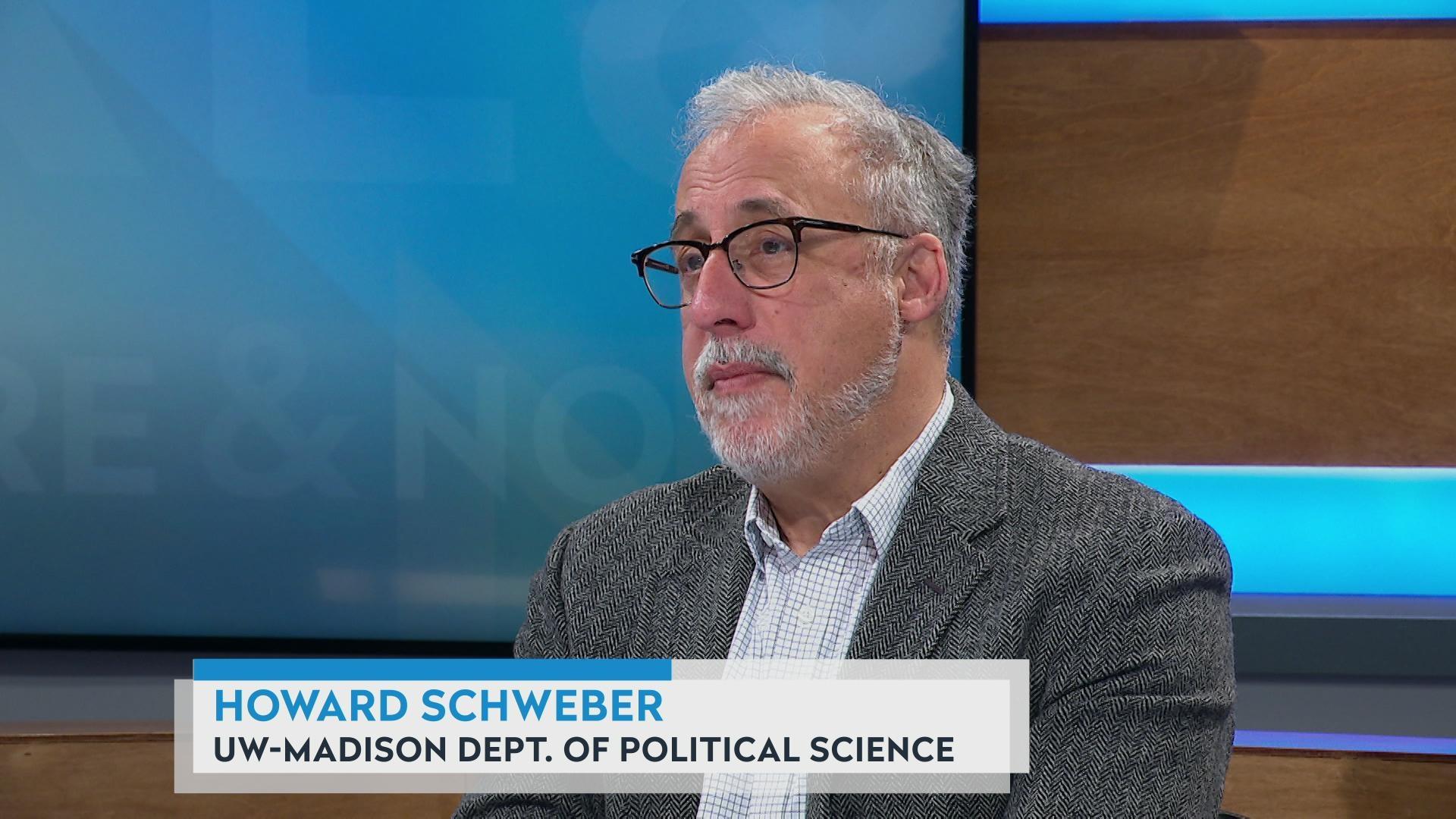

Follow Us